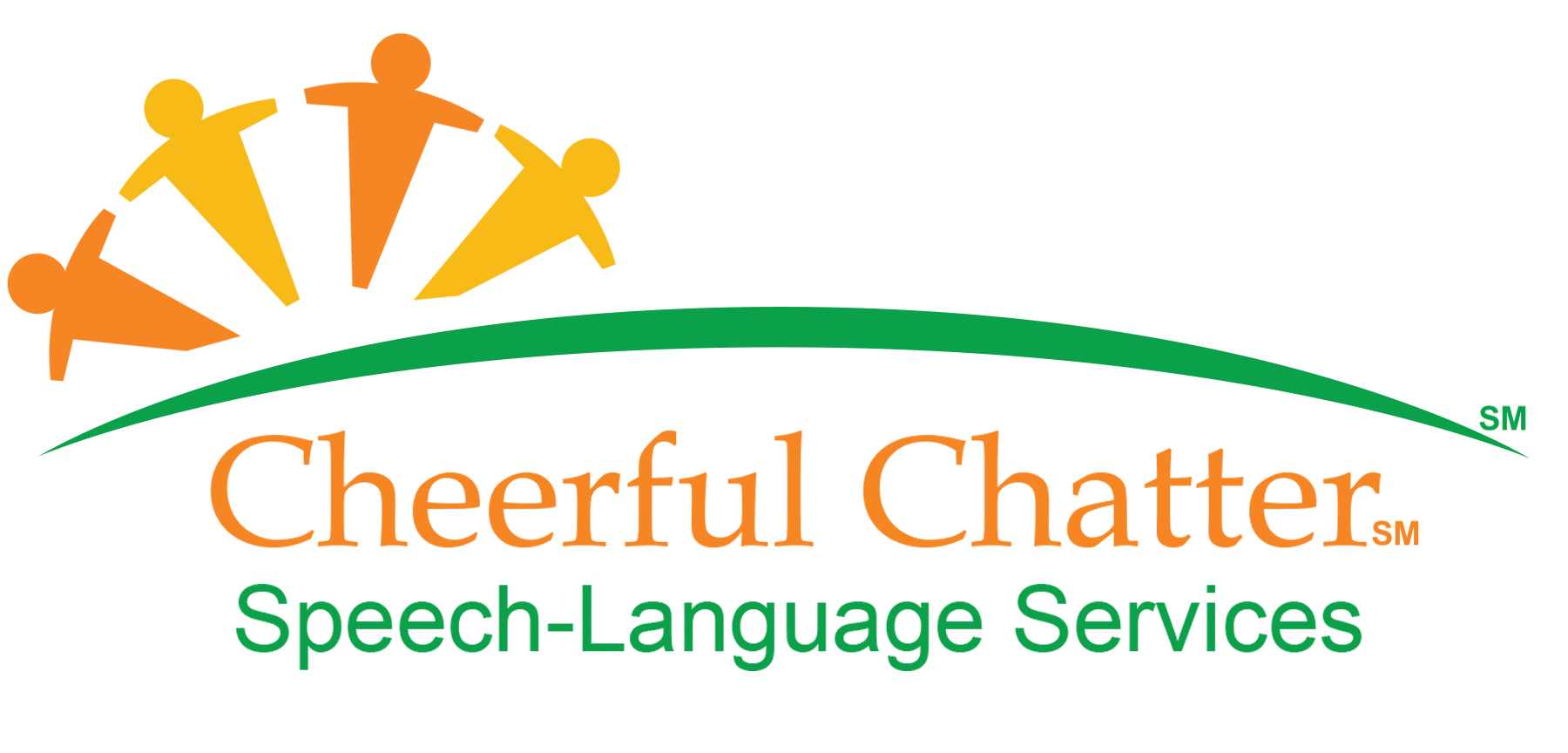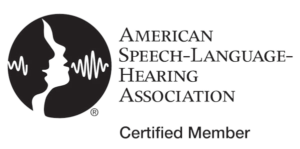Learning to Speak Clearly
Is Difficult for Many
Your speech therapist will determine if their speech is typical for their age or in need of treatment. We specialize in:
Childhood Apraxia of Speech
Articulation Disorders
Phonological Processes and Disorders

Childhood Apraxia of Speech
A Motor-Planning Disorder
People with apraxia know what they want to say, but have difficulty telling their muscles what to do, when to do it, and the order to do it in. Their muscles work properly, but the instructions sent to them are incomplete and/or scrambled.
Cheerful Chatter’s speech pathologist is DTTC and PROMPT-Trained. That means she is has been formally trained in evidence-based approaches designed for Childhood Apraxia of Speech. This, in combination with nearly two decades of experience, places her in the best position to help your child.
Articulation Disorder
Difficulty with Specific Speech Sounds
People with articulation disorders have difficulty saying particular speech sounds such as /k/, /l/, /r/ or /s/.
Different sounds emerge and become mastered at different times. Our SLP knows when children are expected to make mistakes and when those mistakes should have been outgrown. Every speech sound error makes it a little more difficult for listeners to understand what is being said. So, it is important to determine what should be monitored and what should be treated.


Phonological Disorder
A Pattern of Speech Sound Errors
Phonological disorders occur when the same kind of error is made on numerous words, regardless of the sounds in those words. For example, if a child is deleting final consonants, “cat” will become “ca” and “dog” will become “do”… it doesn’t matter what that last sound is. This makes it a type of language disorder!
As with speech sound development, use of phonological processes follows an expected sequence. At younger ages, some of these errors are typical and expected. However, most should fade by their third birthday.
So, what should I do?
Talk to Miss Ellen, Our SLP
All of the disorders above negatively affect speech clarity and intelligibility… they make it harder to understand what the person is saying. If your child is more difficult to understand than others their age, give us a call. We will identify the type of errors they’re making and if those errors are typical for their age, immature and in need of a push, or atypical and in need of therapy.



